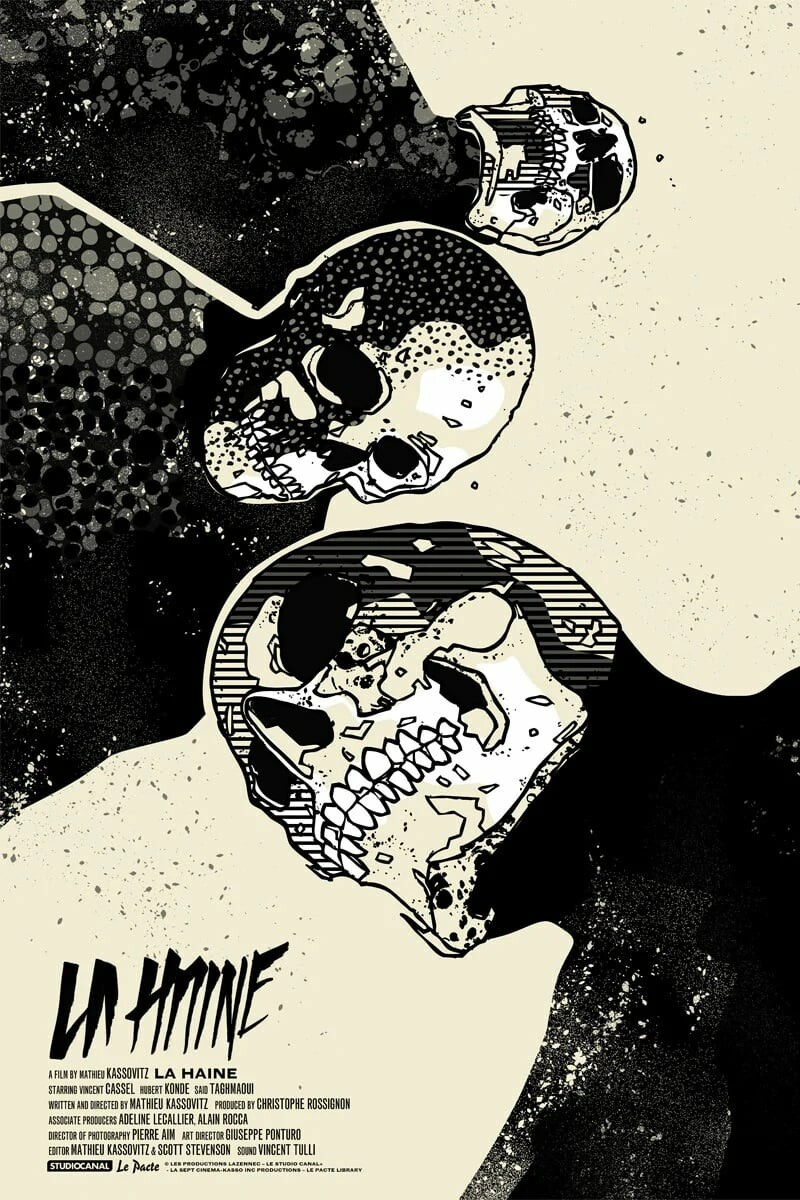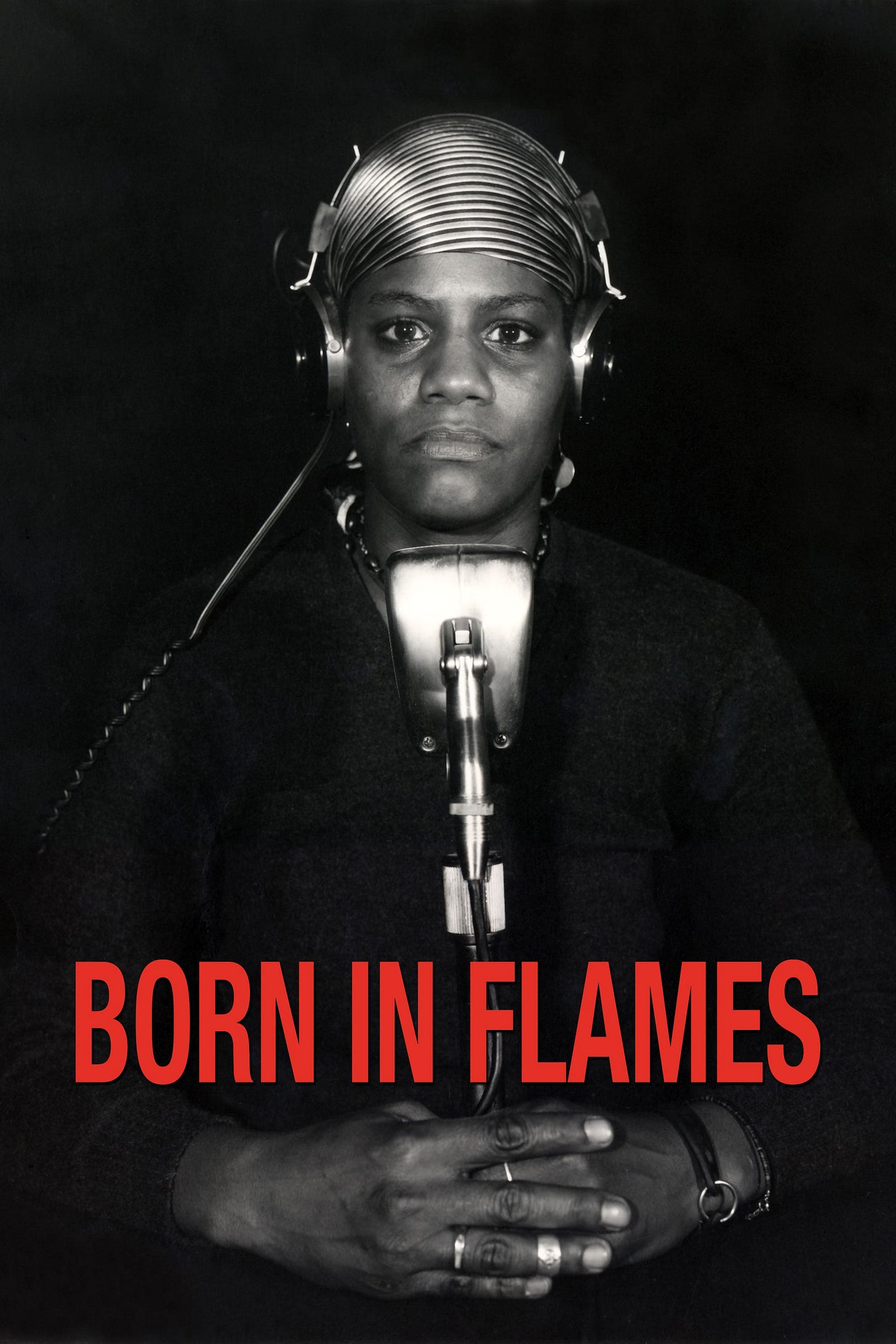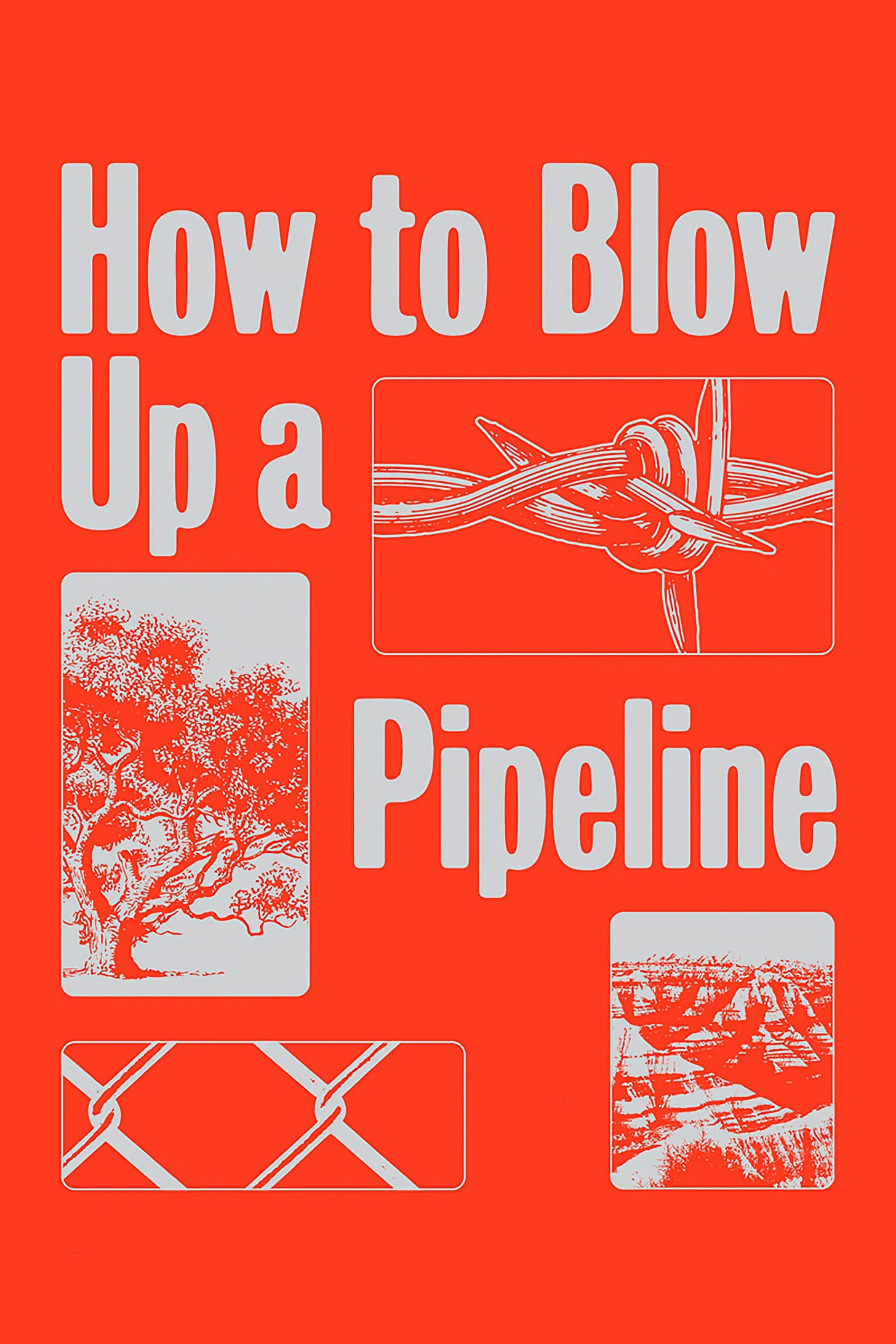April 2025 Watchlist: Resistance On Film
For The New Sincerest's April 2025 Watchlist, contributor Matthew Hadley explores protest, labor unions, collective activism, and resistance on film.
April 2025 - Resistance On Film
Movies Watched: 22/37 (59%)
Featured Still Image: Black Panthers (1968) Agnès Varda
View full list on Letterboxd
“Come all you good workers, good news to you I’ll tell
Of how the good old Union has come in here to dwell
Which side are you on, boy? Which side are you on?”
—Activist Florence Reece, “Which Side Are You On?”
Let me set the scene. Sometime while I was in college, a group of lefty friends and I were drinking at a hole-in-the-wall townie bar in Sioux City, Iowa. After a bit, there was a lull in the chatter before someone set down their Miller High Life to introduce a seemingly innocuous question to the table. “So, just between us. What was the first thing that radicalized you?” It’s the good faith kind of inquiry that in the best circumstances can lead to understanding, solidarity, and vulnerability between comrades. That’s not what happened to me, though. Instead, I shrunk silently into the booth while nervously picking at the label of the bottle in front of me. It’s not that I didn’t have an answer, but rather that I was afraid of scrutiny. The full story of my radicalization process was shaped by trauma. It was the kind that I didn’t have the words for yet even if I had wanted to share. I also feared there were ways that I wasn’t radical ENOUGH for the rest of my peers who were mostly English and Philosophy majors. Sitting there, I felt small and silly by comparison to them. I could see a menu of responses in my mind, but each reply felt wrong. I became so myopic, that I closed myself off to my friends’ stories, too. For a conversation starter meant to bring everyone together, I suddenly felt lonely. On that night and others, I’ve worried that my resistance efforts have been incompetent or ineffectual in contrast to what I admired in others. Was the personal really as political as they said? Or were my struggles actually unrelatable and petty like I feared?
Woof. I’m glad to say that after just under a decade of therapy, I now have the tools to give my younger self grace for that moment. I see that the path of resistance is less like a straight line and more like a river flowing into countless tributaries built by its surroundings. The right response to the oppression of EmpireTM is situational and unbound by rigid directives. It requires the kind of consensus and attunement that takes emotional intelligence from all participants involved. Even the term “radicalized” itself, like its meme counterpart “woke”, feels imperfect. Because both descriptors use the past tense, there’s an implication that the work of self actualization is in the rear view of the person being described. Recently, for the Ames Antifascist Book Club, I read something that resonated with my experiences much more clearly. In the text Joyful Militancy: Building Thriving Resistance in Toxic Times, Nick Montgomery and carla bergman outline the concept of joyful transformation:
“Joyful transformation sometimes ebbs and flows, becomes captured or crushed, grows subtler or percolates into everyday life, but always re-emerges and renews itself.”
I had “joyful transformation” in mind throughout my April Watchlist. The theme of Resistance on Film was not one I took lightly. I knew that it required me to confront some of the worst atrocities in history. Still, my goal was to remain curious about each representation, whether or not they directly applied to my own moral compass exactly. This approach gave much more insight into the themes that tied the movies together. Every oppression is specific to its own set of circumstances, but the face of fascism is unchanging by design. Strike (1925) was the oldest film in the Watchlist, but its story of exploited workers standing up to the cruelty of a wealthy minority class could be told today if you swap out the pre-revolution Russian factory for an Amazon warehouse.
While analyzing commonalities, a character trope I’ll call The Organizer began to emerge. Their role is to be the outside voice of reason that helps an exploited group radicalize, unionize, or resist their oppression. Frequently, like in The Organizer (1963), the character is portrayed as a scholarly drifter with absolutely no connection to the rest of the cast. It got more interesting when the invented character was inserted into very real historical narratives. This was when I began to question why The Organizer was so central to the plot when more often in reality, the oppressed group is held solely responsible for breaking their own chains. Oftentimes, The Organizer was a benign entity, like in Matewan (1987) where fictional Joe Kenehan mostly serves as an audience stand-in that greases the wheels of exposition to its coal mining townsfolk and their culture. His role as a traveling union organizer moves the plot along and fills in gaps where history could not speak for itself. The film No (2012), on the other hand, found itself in hot water on its release. The script similarly invented a character named René Saavedra, an advertising executive, who almost single-handedly started a revolution by way of a political campaign against Augusto Pinochet in 1988. Understandably, it’s been pointed out that the still-living members of the campaign had been erased in lieu of a story that was more flashy. The Organizer character even has the potential to be straight-up harmful. Take the whitewashing of Stonewall (2015) for a very obvious example. It’s no secret that the Hollywood biopic has a habit of flattening the lives of those it depicts, but a protest film in particular shouldn’t feel sanitized or neoliberal in my opinion.
Thankfully, throughout film history, there are countless examples of inspiring and powerful resistance on film in the form of BIPOC Power, Women's Liberation, Gay Rights, Anti-Fascism, Union Strength, Disability Advocacy, and on and on and on. Film is a medium that challenges the audience to feel what is on screen, which is what makes it so transformative. In the right hands it can become a manifesto or a Molotov cocktail. With that in mind…
Let me set another scene. Last weekend, I was coming home from a roadtrip with three close friends. I’ve known two of them since college, so I brought up the night when I froze up at the bar. I explained to them why it happened and why it was still on my mind during the April Watchlist. After we mulled over the pros and cons, I proposed a new question to the group. “Ok. No wrong answers: what was an early film you remember inspiring joyful transformation in you?” Without missing a beat, I threw out my example first without fear of judgement. There was a laugh when I explained that as a kid, skipping school had never even crossed my mind until I saw Ferris Beuller’s Day Off (1986). My friends picked up on my tone immediately and began throwing out other suggestions which included works from Mel Brooks, Monty Python, and others. It was fun to hear how each person was shaped by those experiences and each selection taught me something new about them. Sometimes we would still cringe at our past selves. Mostly there was a sense of pride in how far we had all come, not just since childhood but since we had all first met.
P.S. I’m treating this month’s Watchlist as a living document. I’ll add and remove films as I discover them. Also, since I mostly watched movies alone this month, I’m challenging myself to start a semi-regular film night here in Ames as part of the Ames Antifascist Book Club. More on that as it develops.
Top 5 Movies of the Month
The Organizer (1963) Mario Monicelli
Rating: 5/5 star | Watched: alone
In the late 19th century, a former high school teacher turned unionist tries to organize workers laboring with inhuman conditions at a textile factory.
Mini Review: They seized the means of production and also my affection
La Haine (1995) Mathieu Kassovitz
Rating: 5/5 star | Watched: with boyfriend
After a chaotic night of rioting in a marginal suburb of Paris, three young friends, Vinz, Hubert and Saïd, wander around unoccupied waiting for news about the state of health of a mutual friend who has been seriously injured when confronting the police.Mini Review: Chekov's panic attack
No Other Land (2024) Rachel Szor / Hamdan Ballal / Yuval Abraham / Basel Adra
Rating: 5/5 star | Watched: alone
This film made by a Palestinian-Israeli collective shows the destruction of the occupied West Bank’s Masafer Yatta by Israeli soldiers and the alliance which develops between the Palestinian activist Basel and Israeli journalist Yuval.Mini Review: KEEP FIGHTING FOR PALESTINE
Born in Flames (1983) Lizzie Borden
Rating: 4.5/5 star | Watched: alone
In near-future New York, ten years after the “social-democratic war of liberation,” diverse groups of women organize a feminist uprising as equality remains unfulfilled.Mini Review: Born in Flames is a Molotov cocktail hurled at the face of heteropatriarchy. It reaches a kind of sublimeness only found knee deep in the gritty film grain textures of 1980s New York. This film rides the third wave of intersectional feminism so far into the future that it overshoots even our current moment 40 years later. All this to say is that it was rad as hell, and I'll be thinking about that last shot for a long, long time.
How to Blow Up a Pipeline (2022) Daniel Goldhaber
Rating 4.5/5 star | Watched: with boyfriend
A crew of young environmental activists execute a daring mission to sabotage an oil pipeline.
Mini Review: Like the movie Sorcerer (1977), but for nonbinary baristas











